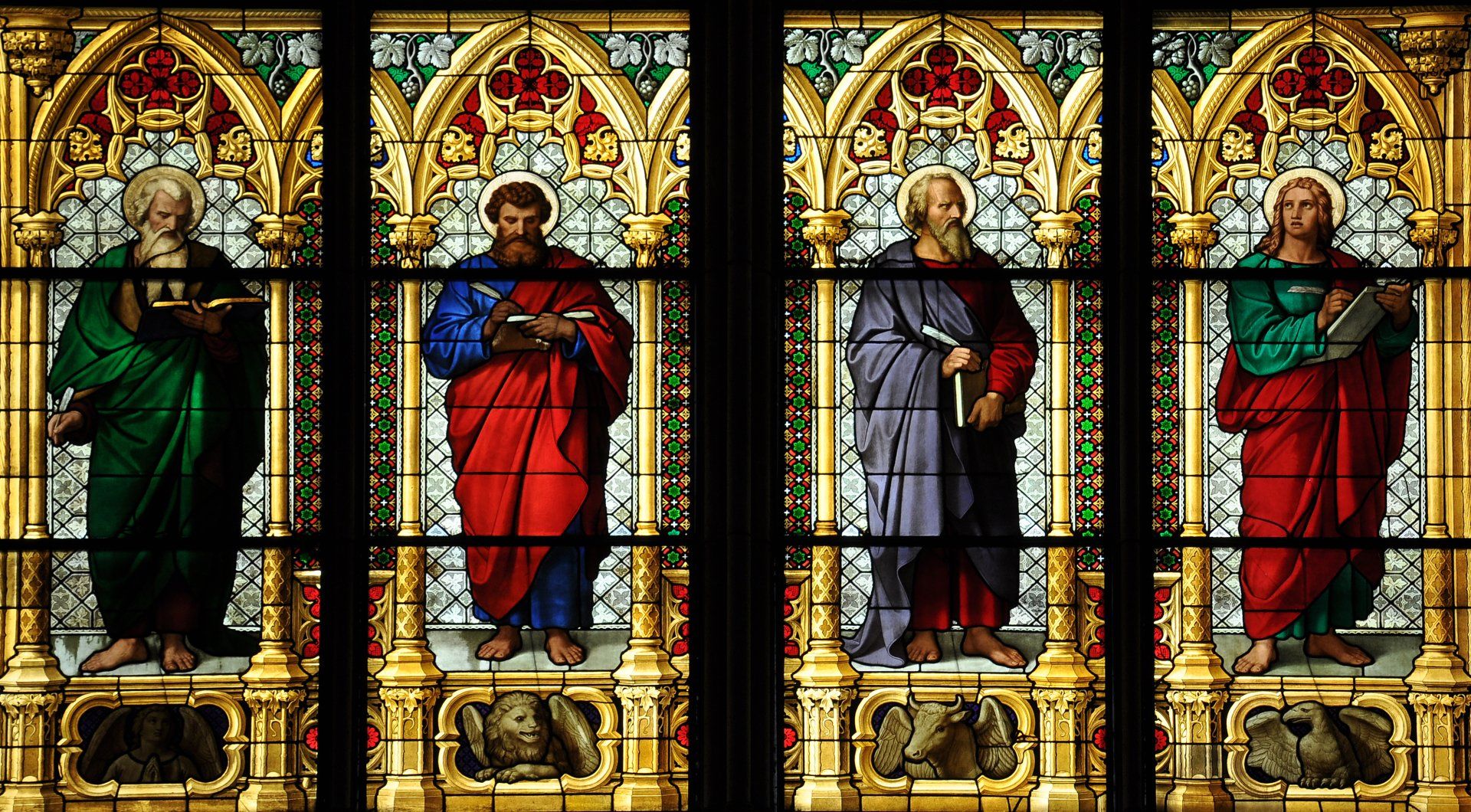Occasional Sermons
All Saints Day

Jesus said to his disciples, “I have earnestly desired to eat this Passover with you before I suffer.” Jesus then took a cup and gave thanks. He passed it to his disciples and asked them to share from it. After that he took bread and broke it. Again, he gave thanks and passed it to his disciples to share. After they partook, he told them that the broken bread was a symbol of his body that would soon be broken. He told them that the cup was a symbol of his soon-to-be spilled blood. And why? Why did Jesus “earnestly” desire to share that meal in that way with his disciples before his looming death? He himself provides the answer. “Do this in remembrance of me.” It was so that his disciples would remember him. I think I know precisely why he wanted his disciples to remember him. I have thought long and hard about why a dying man would ask someone to remember him. This is because my father’s dying words to me were, “Remember me.” My father’s cancer had grown terminal. We didn’t know how long he had to live, but he was in decline -- confined to his bed. He was at that time living on the family farm in Wisconsin, and I was living in Elmhurst, so when he called and asked me to make a special trip to see him as soon as possible, I sensed that he realized that the end was near. “So this is it,” I thought. I wept all the way up. I thought that I could cry out all my tears so that my father wouldn’t have to be burdened by my grief. I have come since to learn that you never cry out all of your tears for a lost loved one. They are inexhaustible. I got there and was actually relieved. He wanted to talk business. He asked me to be his literary executor, which meant that he was entrusting to me his articles, manuscripts, lectures, notes, and essays. “Do what you can with them,” he joked, as he gestured towards boxes and laundry baskets of paper. He had drawn up a codicil to his will. The required witnesses were present. In this way, I was able to forestall the real matter at hand. But then suddenly everyone left, and I was alone with him. I broke down. “Remember me,” he said. I left his bedside. The codicil is dated five days before his death. So, as I said, I have had good reason to ponder why a dying man would ask someone to remember him. I think I know. My father did not want me to remember him for all those papers that he produced – in other words, for his life’s work. Nor for any other of his life accomplishments, which were many. He wanted me to remember him as a way of perpetuating our relationship. If I remembered him, I would still have him with me. Death would not fully part us. Because death is very cruel. It parts people who love each other, who need each other, who are indispensable to each other, who can’t be replaced. “Remember me.” My father was offering me what consolation he could. This, I think, is too why Jesus asked his disciples to remember him. Yes, no doubt he wanted to be remembered for his teaching, for his works, for his faith, for his sacrificial death. But essentially Jesus wanted his disciples to remember him as a way of perpetuating their relationship. If they remembered him, they would still have him with them. Death would not fully part them. But here’s the thing. Jesus was the son of the eternal God. Therefore death could not hold him. He rose to eternity. And he endured that death to promise and assure us that what his death accomplished, our deaths will now accomplish. Therefore death has indeed lost its sting. When we are entrusted memories from our loved ones who have died, it is but temporary consolation that will give way to consolation beyond every imagining of joy. The good news for All Saint’s Day is that we may cherish our memories of our loved ones who have died not with sorrowful loss but with hopeful anticipation. For we will be reunited. Thanks be for Jesus Christ, our way, our truth, and our life. Amen.

